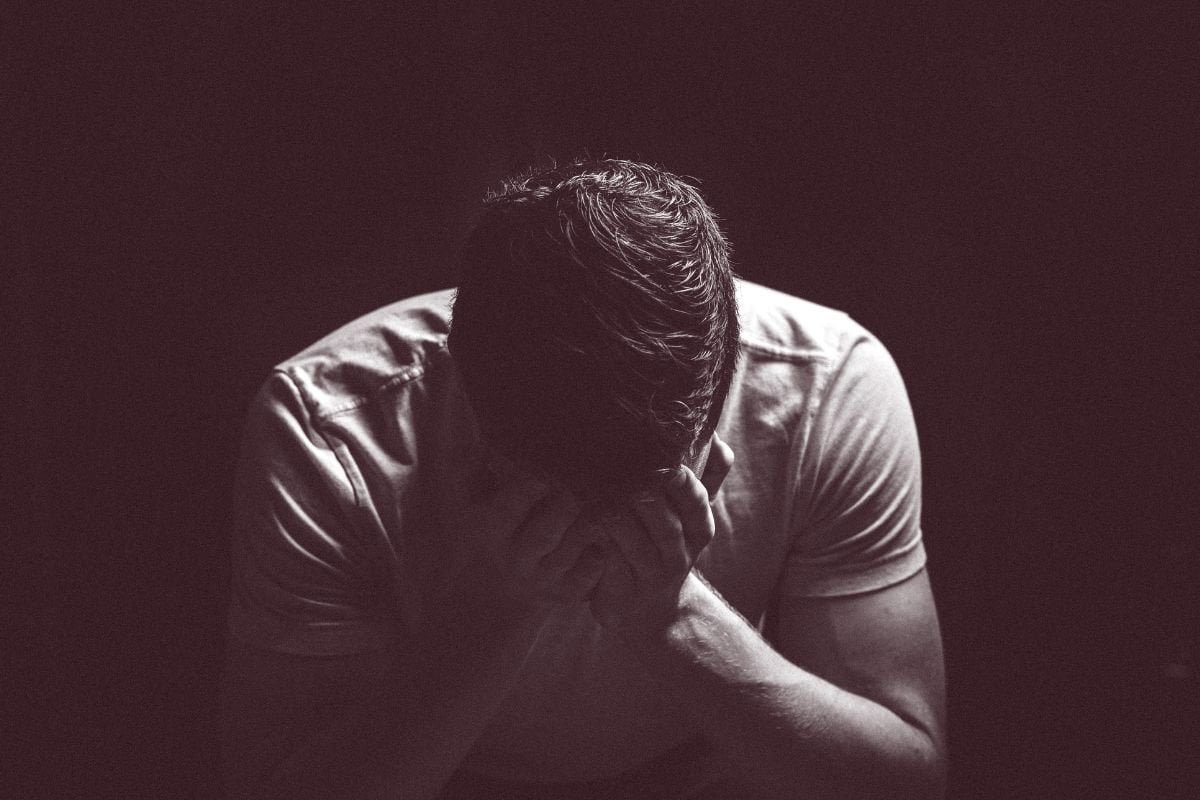
"Violence doesn't just come out of nowhere for these young people."
These are words spoken by one family violence researcher that have sparked a conversation, and a deeper look into the reasons behind why some young people use violence in the home.
There are a myriad of reasons behind the behaviour, sometimes including cases where there is a disability, neurodivergence, or a trauma at play. But the statistics have now shown that the single greatest contributing factor for young people using violence at home is that they've been victims themselves of family violence.
Elena Campbell is the Associate Director of Research, Advocacy & Policy at the Centre for Innovative Justice RMIT University. For over 20 years she has worked in this field, looking into the prevention and elimination of violence against women and children.
From her perspective and research, she thinks it's time we started addressing and solving the generational cycle of violence.
Watch: Women and violence the hidden numbers. Post continues below.
The Australian Bureau of Statistics estimates that about one in six women and one in nine men experienced physical and/or sexual abuse before the age of 15 — many at the hands of parental figures.




























































































